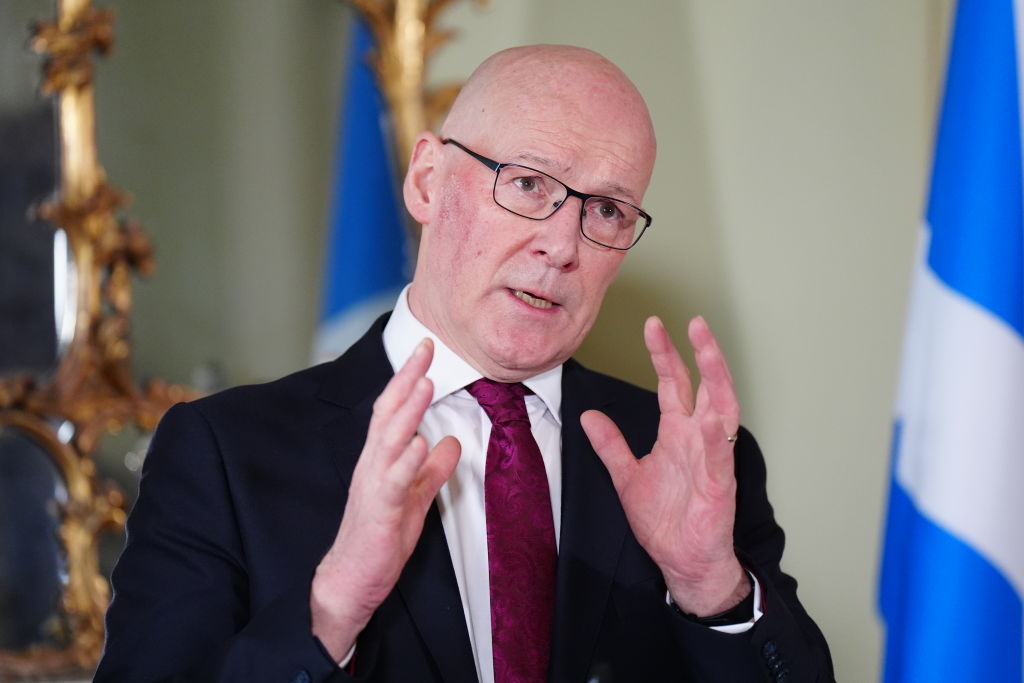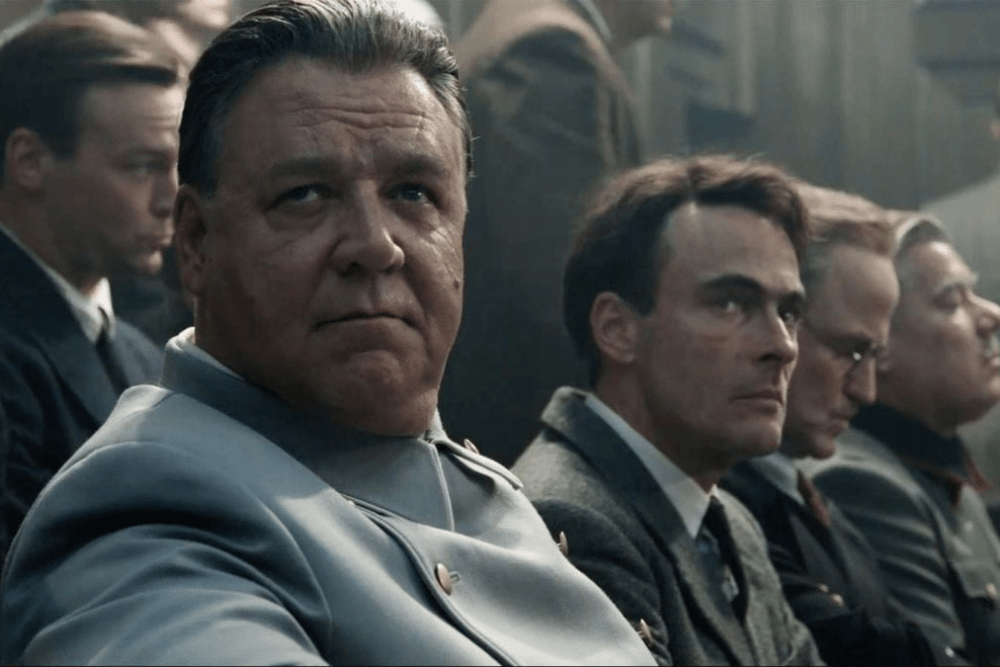Sir Keir Starmer has this week urged President Trump to reverse his decision to cut off aid to and intelligence sharing with Ukraine. In Scotland, the governing party backs this case call – and many are on side with the Prime Minister too over his pledge to increase defence spending. In fact, there is an appetite to go further.
My good friend Ian Blackford has been making headlines recently after penning an article in the Scottish Times in which he urged Scotland’s governing party, the SNP, to rethink its stance on Trident. Such were the geopolitical changes taking place, Blackford says, that the party’s decades old position of unilateral nuclear disarmament was no longer fit for purpose and a multilateral position should be adopted instead. Given today’s world, this would essentially mean the party accepting the presence of nuclear weapons on the Clyde for some time to come.
There is a recognition at the most senior levels of the party that the SNP needs to shed its nervousness on defence.
What was most interesting, however, was that Blackford got very little pushback from within the party. First Minister John Swinney was asked about Blackford’s comments and, after noting their decades-long friendship, made the point that he doesn’t agree with him. Entirely expected – but that was it. No thundering outrage from the membership, no parliamentarians slapping him down and only a couple of predictable columns in the National from the usual quarters. So, what’s going on?
First, a note of caution. Don’t expect the party to change its position on nukes any time soon. In any case, the party’s position is inconsequential right now. There is a solidly pro-Trident majority in the House of Commons and SNP MPs aren’t about to waste the precious little Commons time they have on a debate that it will lose – at least if it is governed by reality. But there is a recognition at the most senior levels of the party that the SNP needs to shed its nervousness on defence. Senior ministers and advisers understand that this isn’t a time for erudite peaceniks and that the public would expect Scotland – a country with a strong defence industrial base and marshal history – to be helping to shape events rather than be shaped by them.
Swinney has been at pains to back the Prime Minister’s efforts to rally Europe and to try and talk sense into President Trump. But this was muddied by the fast fingers of the party’s leader in Westminster, Stephen Flynn, who has a knack for rapid tweeting. Flynn thundered on social media that Starmer had to ‘get off his knees’ and revoke the planned state visit for Scotland’s most notorious hotelier. This obscured the party’s messaging and, given it was not wanting to be seen to be undermining the PM at this moment, was unhelpful.
There are issues and contradictions in policy that the Scottish government needs to iron out. For example, Swinney recently welcomed the UK government’s missile deal with Ukraine, that will see missiles made in Belfast purchased using the interest from frozen Russian assets. This is despite Swinney’s own ministry having a policy that would prevent such a deal from happening, as it doesn’t allow government grants to invest in munitions. That needs fixing. So too with the Scottish National Investment Bank, which has a so-called ethical investment policy that prevents it from investing in munitions, pornography and brothels. Lumping Scotland’s 35,000 defence workers in with pimps and PornHub is hardly meeting the moment.
The First Minister could do worse than invite defence industry leaders into Bute House and make clear his government’s door is open. So, while some will understandably want to focus on the SNP policy on nukes, there are other parts of this debate where it could and should show a sense of confidence and ambition that can actually have a consequential impact. And, more broadly, the SNP is overdue another conference debate on defence. Not since the party’s 2012 decision to end its opposition to Nato has the party debated what is the defining policy issue of our time. It should correct that later this year.
Swinney has a tightrope to walk as he attempts to marry the idealism of his party and the realism of voters. But he is a First Minister who appears to understand that he must elevate the national interest over the party interest – and that a party that remains in its comfort zone forever is one that cannot hope to achieve statehood for Scotland. As one Labour MP put it to me when I took up my role as defence spokesman in 2017: ‘Defence rarely wins you votes, but if you get it wrong it will certainly lose you them.’
In my experience, party members are more sophisticated than they’re given credit for in their thinking: most fully understand the need for the SNP to be credible on defence. The pacifist wing is vocal but it’s not a majority. It’s a tightrope that Swinney’s two predecessors would have done their best to avoid, but that the current First Minister has the political capital to navigate and succeed in. The early signs are that he has the stomach for it.







Comments